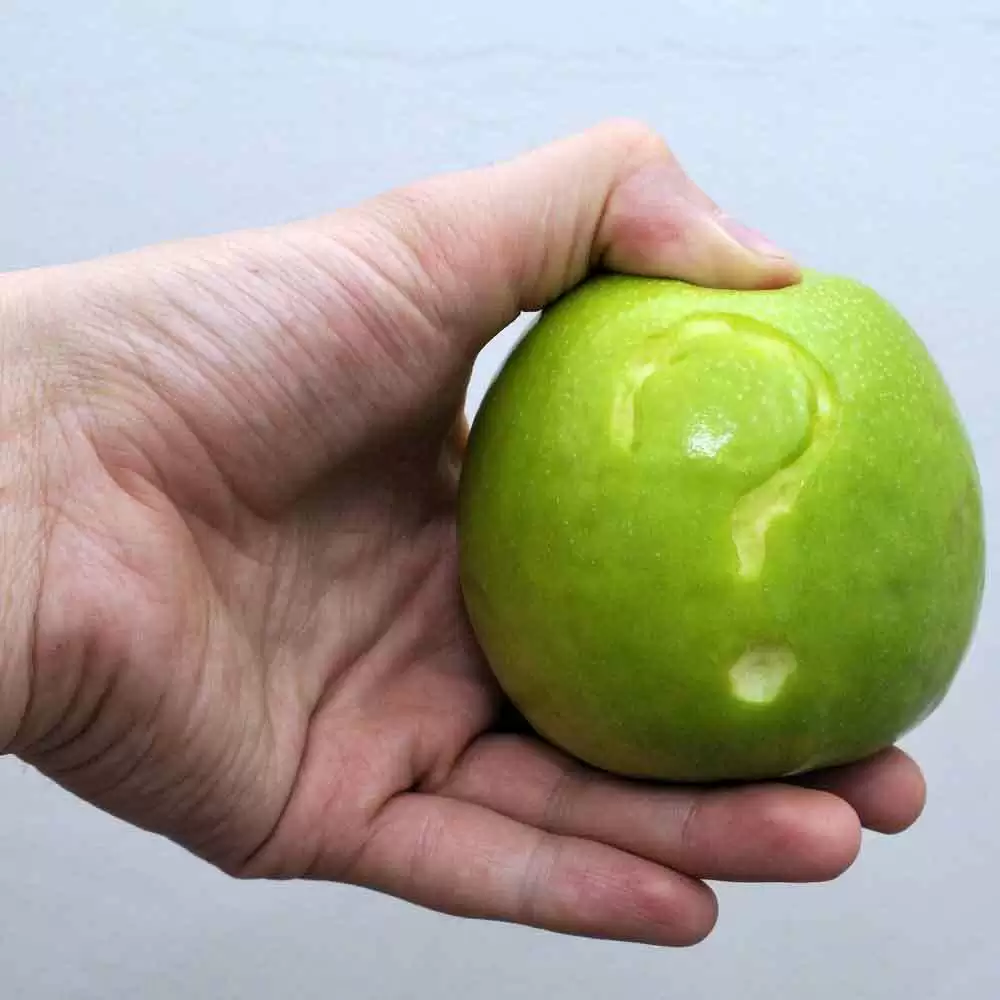
Celiac.com 06/04/2020 - Currently, in order to properly diagnose celiac disease based on serology and duodenal histology, doctors need patients to be on gluten-containing diets, even if they are causing symptoms, and this is called a "gluten challenge." This is a problem for many people, especially those who have already given up gluten, and see benefits from the gluten-free diet. For those people, going back on gluten for several weeks can be demoralizing. For many, it's a deal breaker. This can present challenges for doctors attempting to diagnose celiac disease.
According to the University of Chicago Celiac Disease Center, a gluten challenge should be done as follows:
- Eat gluten prior to celiac disease blood tests: The amount and length of time can vary, but is somewhere between 2 slices of wheat bread daily for 6-8 weeks and 1/2 slice of wheat bread or 1 wheat cracker for 12 weeks 12 weeks;
- Eat gluten prior to the endoscopic biopsy procedure: 2 slices of wheat bread daily for at least 2 weeks;
A Three Month Gluten Challenge May be Necessary, and the Length Can Differ Between Kids and Adults
Celiac.com Sponsor (A12):
In a 2013 study by Maaike J. Bruins, of the DSM Biotechnology Center, The Netherlands, found that:
QuoteThe onset of symptoms upon gluten intake varied largely from days to months and did not parallel serum antibody or histological changes. Within 3 months of gluten challenge, 70%–100% of pediatric CD patients became positive for AGA-IgA and EMA-IgA antibodies and 50%–70% for AGA-IgG. A limited number of trials suggest that no more than half of adult patients developed positive AGA-IgA, EMA-IgA, tTG-IgA or DGP-IgA/IgG titers. Approximately 50%–100% of pediatric and adult patients experienced mucosal relapse of gluten provocation within 3 months, which was preceded by increased mucosal intra-epithelial lymphocytes within several days of challenge. A 3-month high-dose gluten challenge should be suitable to diagnose the majority of CD patients. In some cases prolonged challenge may be needed to verify diagnosis. Combination testing for antibodies and mucosal histology may fasten the diagnosis.
Future Tests May Spot Celiac Disease Without Prolonged Gluten Consumption
Research on systemic cytokine release that occurs after gluten sensitive individuals ingest gluten may lead to new tests that can spot celiac disease without gluten consumption, however, until further research is done, and such tests are developed and made available, a gluten challenge will be necessary to make a formal celiac disease diagnosis.








Recommended Comments
Create an account or sign in to comment
You need to be a member in order to leave a comment
Create an account
Sign up for a new account in our community. It's easy!
Register a new accountSign in
Already have an account? Sign in here.
Sign In Now